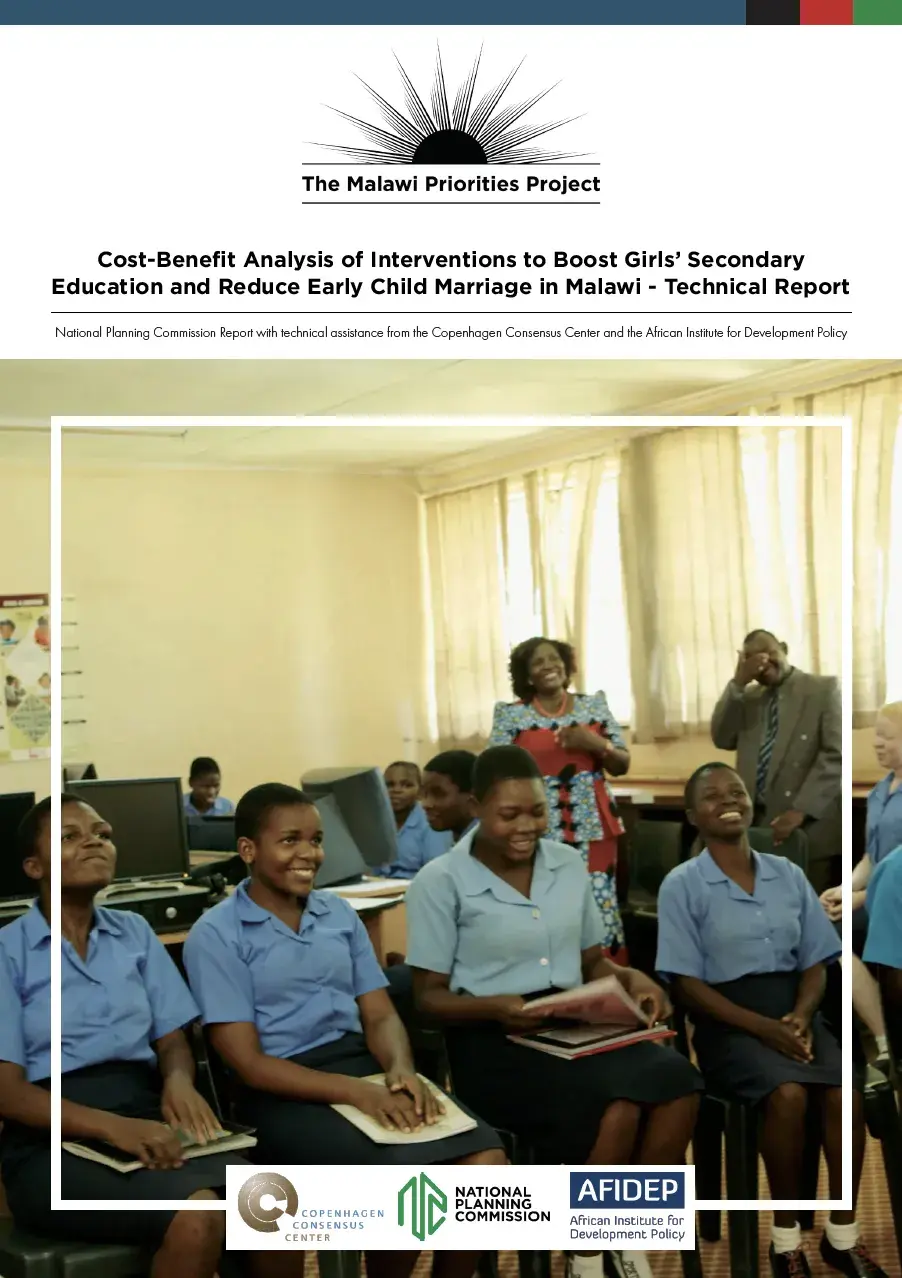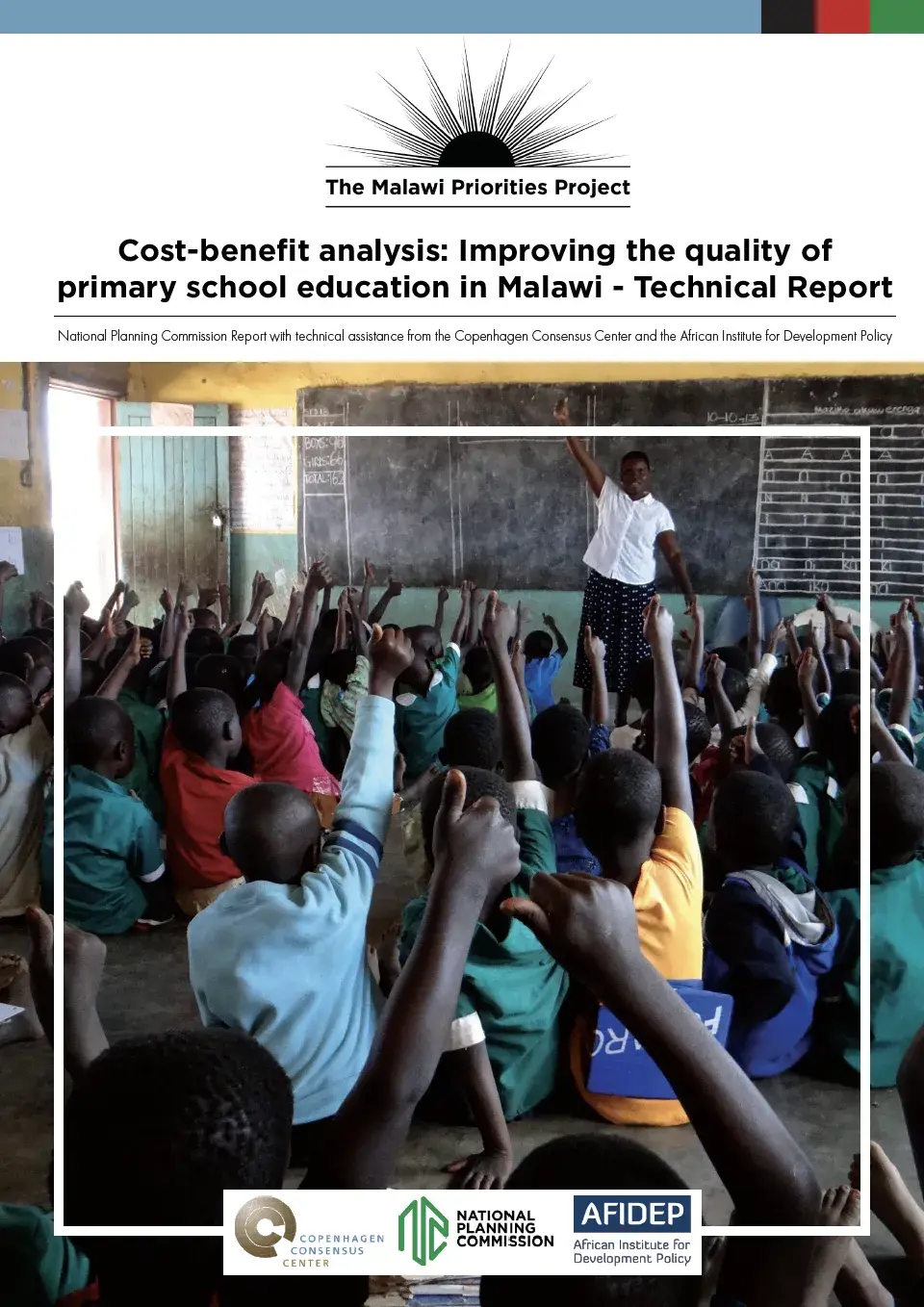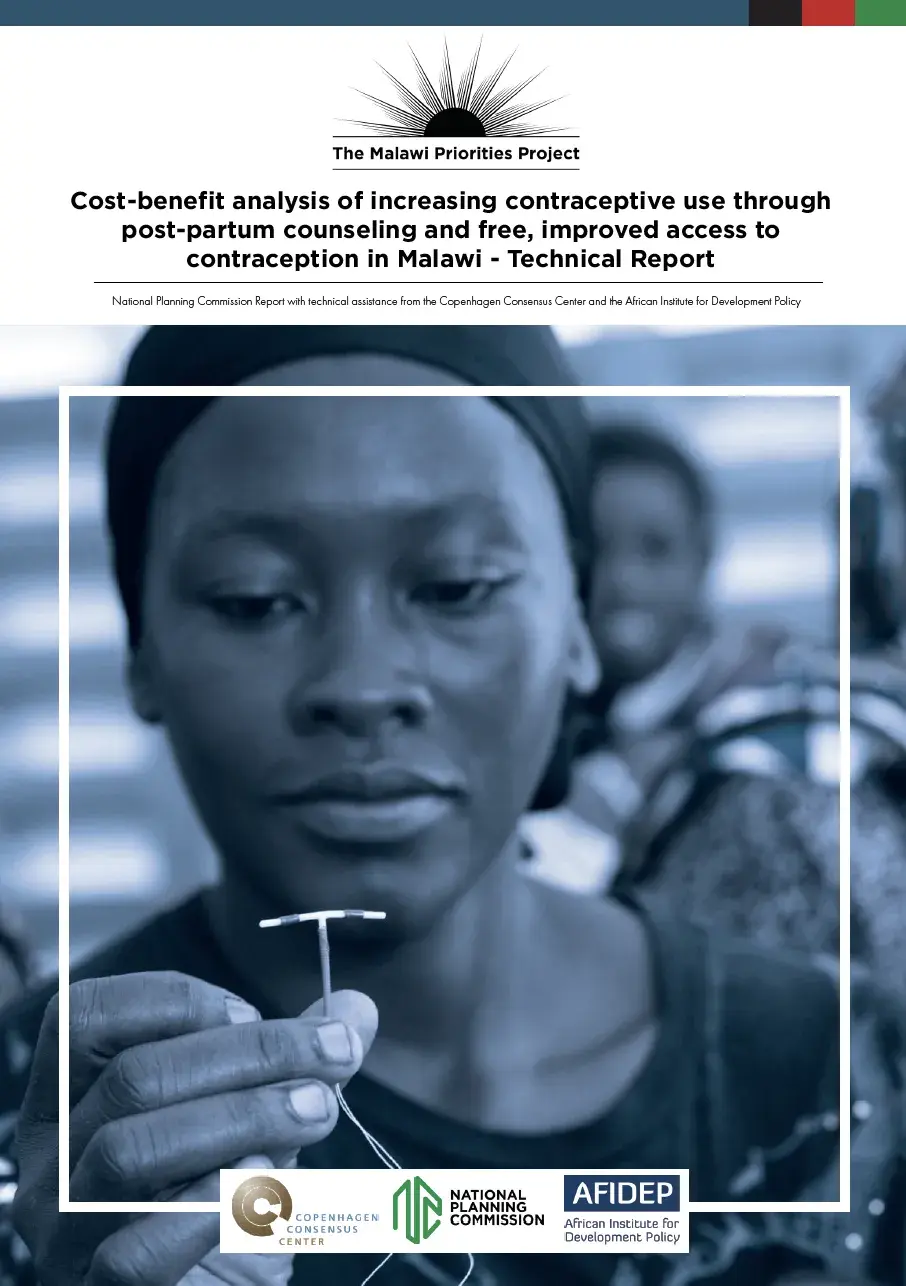Human Resources
Nutrition
Undernutrition and stunting present a number of challenges for children. The long-lasting harmful consequences include diminished mental ability and learning capacity, poor school performance in childhood, and reduced earnings as adults. Since education and wealth are both inversely related to stunting (DHS 2015-16), reducing its incidence has longer-term benefits for the country’s future productivity in addition to the obvious gains in quality of life for individuals.
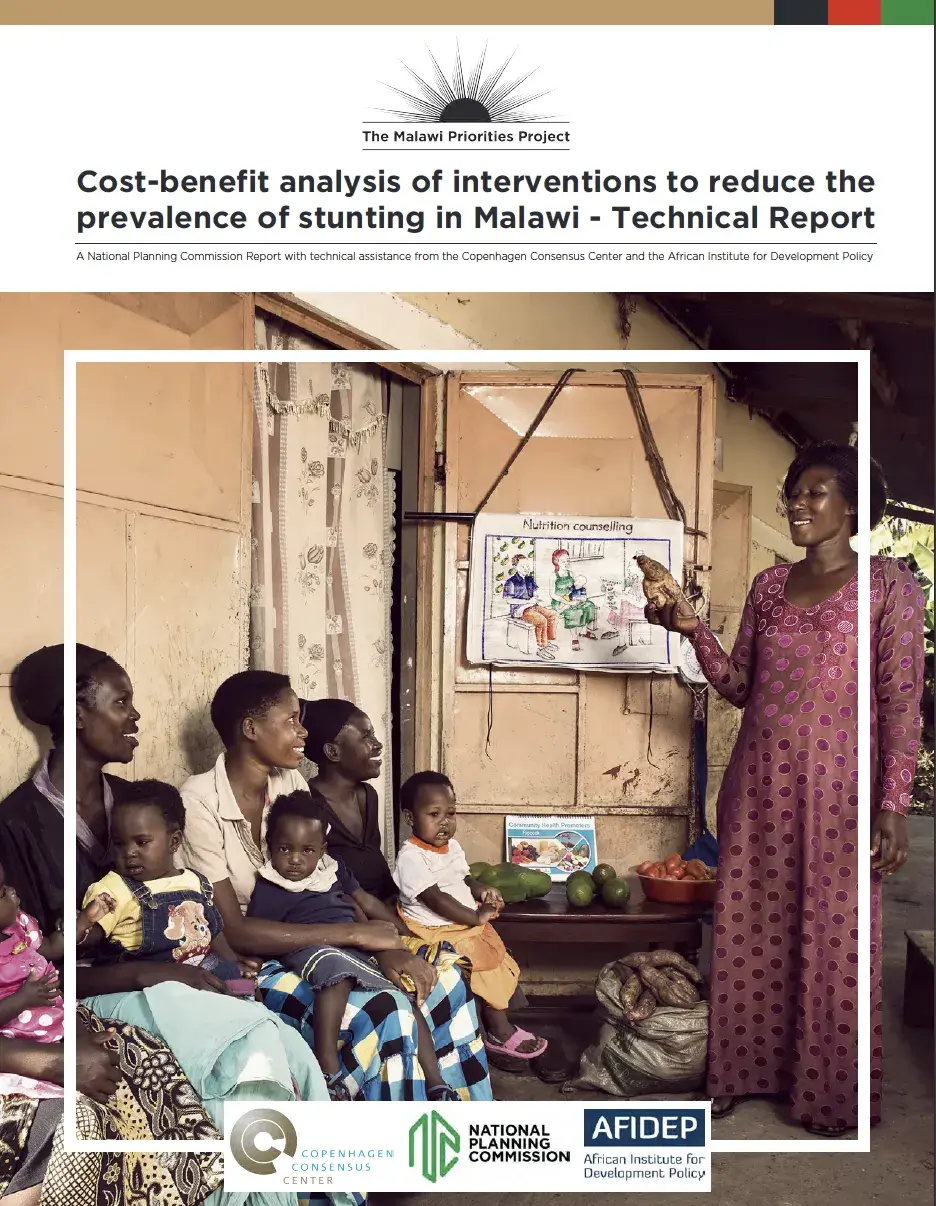
Early Childhood Education
Quality early childhood education (ECE) increases literacy levels, improves school enrolment and achievement, and enhances developmental outcomes. While Malawi has been successful in its ability to expand early childhood education to 47% of the 3-5-year-olds through Community Based Child Care Centers (CBCCs), there is still room for improvement.
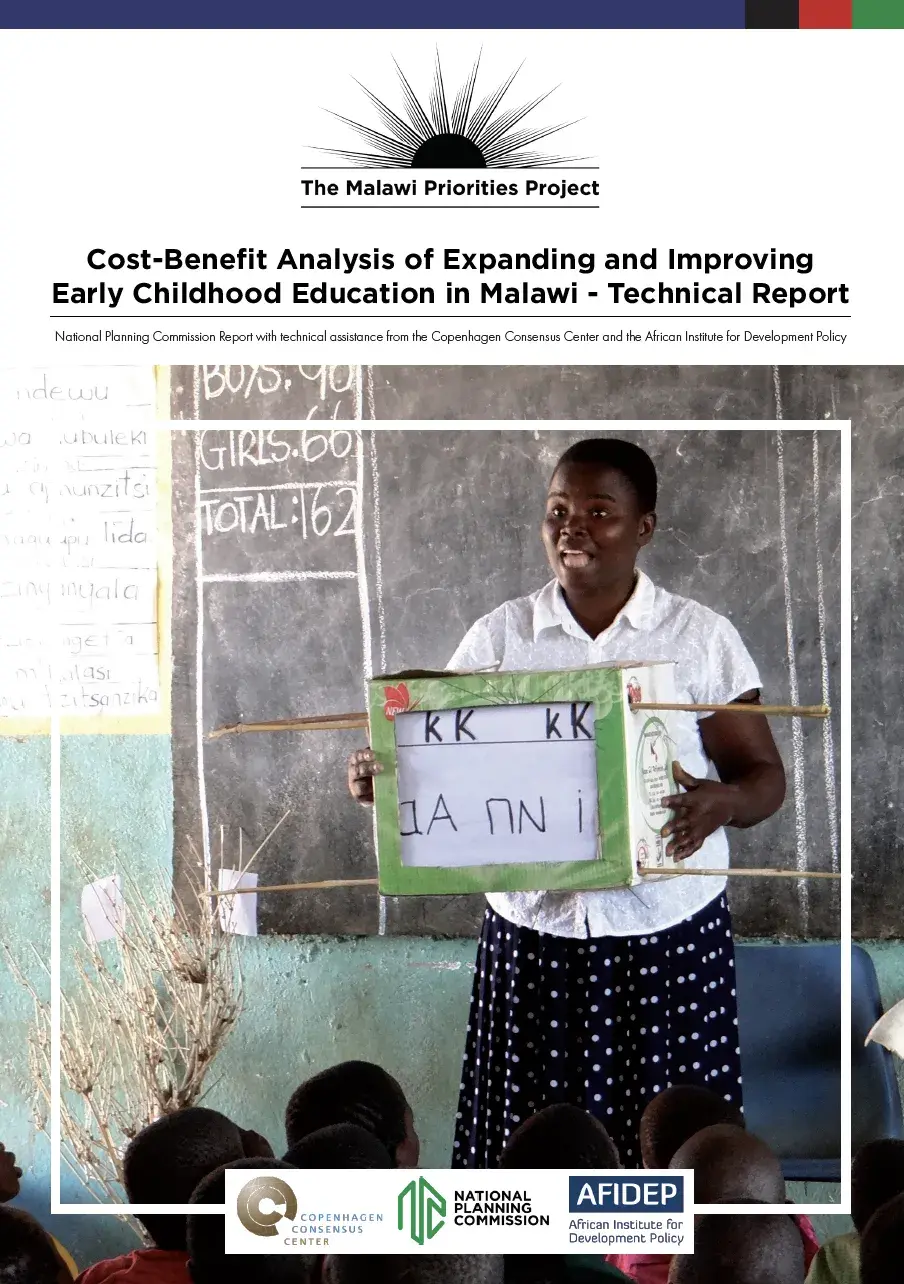
Girls' secondary schooling
In Malawi, 6 out of 7 girls are not enrolled in secondary school, while 3 out of 7 girls are married before the age of 18. Common factors drive these two startling statistics: insufficient number of secondary schools, limited labor market opportunities for girls, and cultural norms and practices that normalize early marriage.
